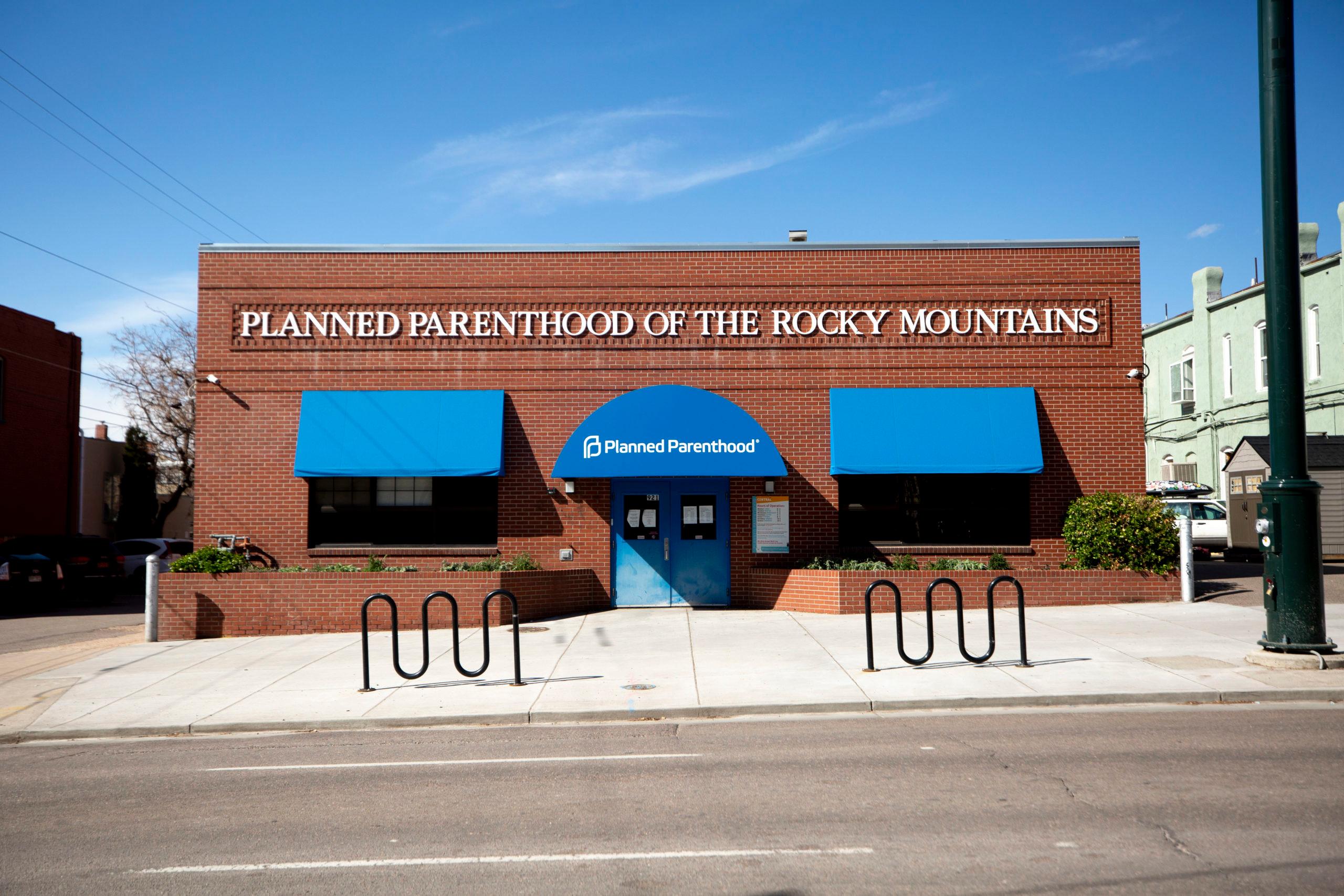
There's a lot going on in the economy right now. President Donald Trump’s unpredictable tariffs, federal layoffs, federal funding cuts, high interest rates and Wall Street volatility all have economists perplexed as to what comes next for the job market.
CPR’s Ryan Warner spoke with Andrew Hudson, president and CEO of the Colorado Job Board, Andrew Hudson's jobs list, about what’s in store for Coloradans looking for a job.
This interview has been edited for length and clarity
Ryan Warner: You have the long view, so how would you describe today's job market in Colorado?
Andrew Hudson: Well, to start, there's still jobs out there. There's nothing in the economic indicators to indicate that there's mass joblessness. The trends in Colorado, which are backed up by the reality of the folks I meet with every day, really, it's important to understand what they're going through and look at the warning clouds or the storm clouds that are gathering too.
Ryan Warner: OK, and what are those clouds?
Andrew Hudson: Well, about a month ago, CU’s Leeds Business Confidence Index, which there's about 225 business leaders that are surveyed, and their second quarter score was 31.9, which was a drop from 50. And it hasn't been this low since COVID, and the last time it was at this low was during the Great Recession of 2008.
Ryan Warner: And what precisely is that measuring?
Andrew Hudson: So they're looking at a lot of the different economic indicators in terms of business growth, job growth. They're looking at the certainty or the uncertainty of all of the different economic trends that are going on right now … If you look at what is going on with the impact of tariffs, the uncertainty of the restructuring of the federal government as well as other things, there's really a trickle-down effect going on with all of these indicators. Recession means higher prices. Higher prices means consumers are buying less. Companies with fewer customers means less profits and less profits means cutting expenses. The largest expense for most companies is employees.
Ryan Warner: And so to those who are on the job market currently, what do the discussions sound like? Who are you seeing perhaps disproportionately?
Andrew Hudson: Sure. So it's a lot to unpack, but I meet a lot with mid- to late-career workers, and these are folks who have not had to find a job in a while. They might have been in their positions for a very long time, and they're finding it difficult considering how much the rules of job seeking have changed over the past 10 years. And there's also the “isms,” the big one in this group is ageism. That does exist. Even though it's illegal, it does exist. Professionals who have risen to upper, middle, senior level positions find it increasingly difficult to find positions that are similar with similar ranks of seniority and similar benefits.
Ryan Warner: I have to think that that especially applies to those in federal service who perhaps had spent their careers there, only to find themselves now separated.
Andrew Hudon: Yes, there's no question there, and the federal layoffs I think particularly hit Colorado because we have such a large federal workforce here, about 57,000 employees. We're still trying to figure out how many of those workers have actually either taken a buyout or have been just fired altogether, and so that's a difficult part as well. And then there's the early career professionals as well. Entry level wages have not risen to meet increased expenses, particularly here in Colorado. And then there's also a recent report in the New York Times that found that companies are starting to embrace AI to fill particularly entry level jobs, and these are the types of jobs that young professionals really rely on in terms of getting professional experience, mentorship. In professional settings, these are the types of jobs that can really launch their careers.
Ryan Warner: I just want to pause you there because I have thought of AI certainly as part of the present day, but that job losses are something on the horizon. The AI replacement of employees is something looming on the horizon, but you are saying that moment is here.
Andrew Hudson: Yeah, and I think that companies are starting to figure out:, is there a room for AI in terms of efficiencies and cutting expenses? And these jobs could be everything from marketing analysts, they could be computer coders. These types of positions are being taken over by AI.
Ryan Warner: So you talked about that measure in Colorado of business confidence. The numbers right now in the economy are decent overall, and does that mean you are braced for something? Just put a finer point on that for us.
Andrew Hudson: I think the statistics are good benchmarks in terms of looking at how the overall economy is working or not working right now. But again, the reality is that the job seekers that I'm meeting with, they are struggling.And there's a lot of economic indicators that people don't think about in terms of unemployment. Like for example, in Denver, the rent to wage ratio is high. Younger renters are paying above the national average. It's costing more than 30 percent of their take home pay to rent. In addition, college debt, increased health care costs, the kind of things that you and I probably never had to worry about in terms of cell phones and internet, higher food prices, all those things take a bite out of monthly budgets and certainly make it more difficult to save for a house, for a car, marriage and kids and retirement.
Ryan Warner: I do want to talk about the folks in mid- to late-career stages who find themselves in this job market. Are you telling them say goodbye to your old line of work, say goodbye to your industry?
Andrew Hudson: Well, a couple of things. I think number one is that job seeking is a skill, and gone are the days when you opened up the Rocky Mountain News or The Denver Post and there were 40 pages of job ads on a Sunday, and you had your one really good resume. And so you have to have a really good understanding of and a good audit of your skills, your primary skills, your secondary skills, your transferable skills, and understand where those skills are valuable and whether or not they're transferable to other positions.
The biggest frustration for job seekers is when they apply for these jobs and they get ghosted and employers don't reach back to them, or they get an automatic response three minutes later saying, "Thanks, but no thanks." If you only rely on job boards as part of your job search, it's like fishing for a shark with a worm. You really need to understand that job seeking is a full-contact sport. It's things where you're out there networking and you're talking and you're going to cocktail parties or to networking groups, and making sure that you're top of mind with other people so that their networks also know that there's someone out there that has great skills that is employable.
Ryan Warner: There will be a national jobs report at the end of the week. Lots of eyes will be on that. Hopes? Gut feelings?
Andrew Hudson: It's taking longer to find a job, and I think we're still all just on pins and needles to wait and see what Liberation Day really meant for the country in terms of is this trickling down to this economic uncertainty as companies decide whether or not to grow and expand, whether or not they're going to be able to afford the employees that they currently have. But we're already seeing layoffs, we're seeing hiring freezes, we're seeing jobs going unfilled, and it's taking a lot longer for professionals to find positions that are unemployed.








